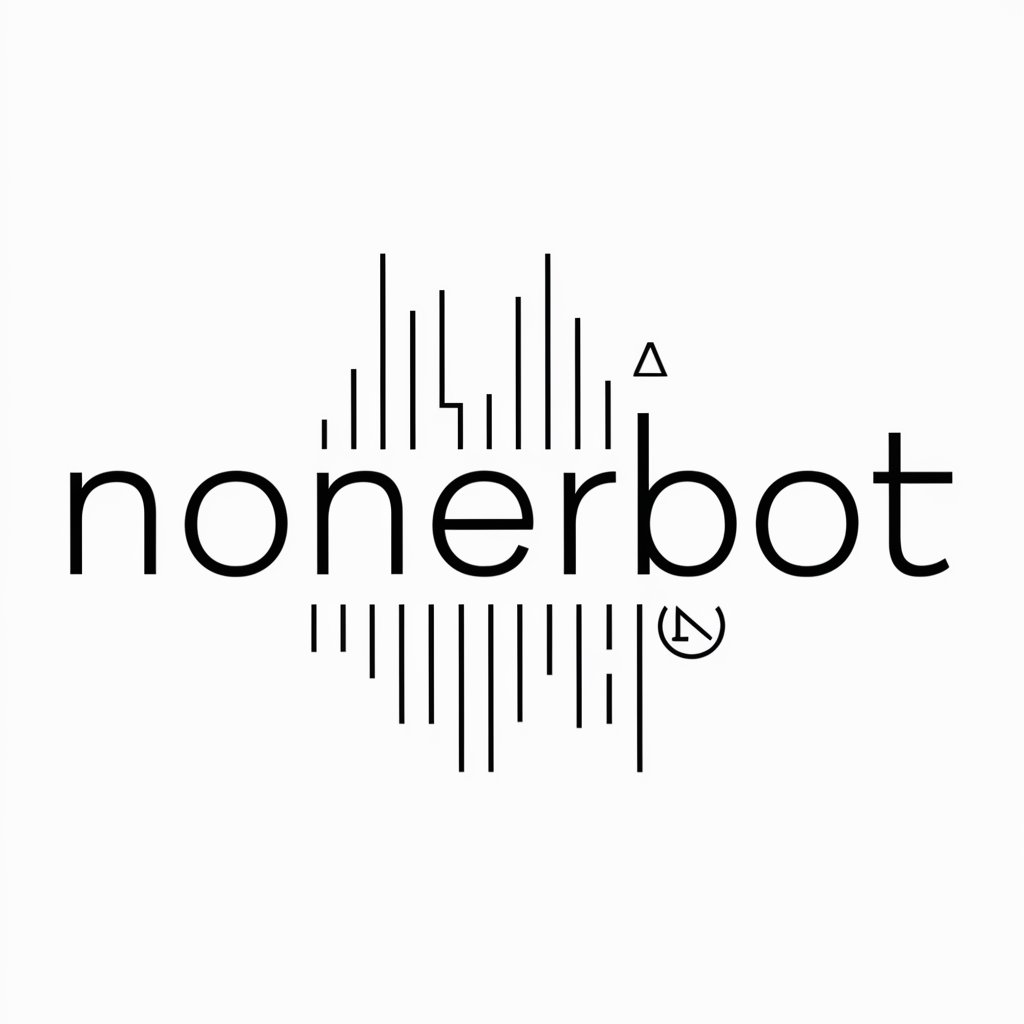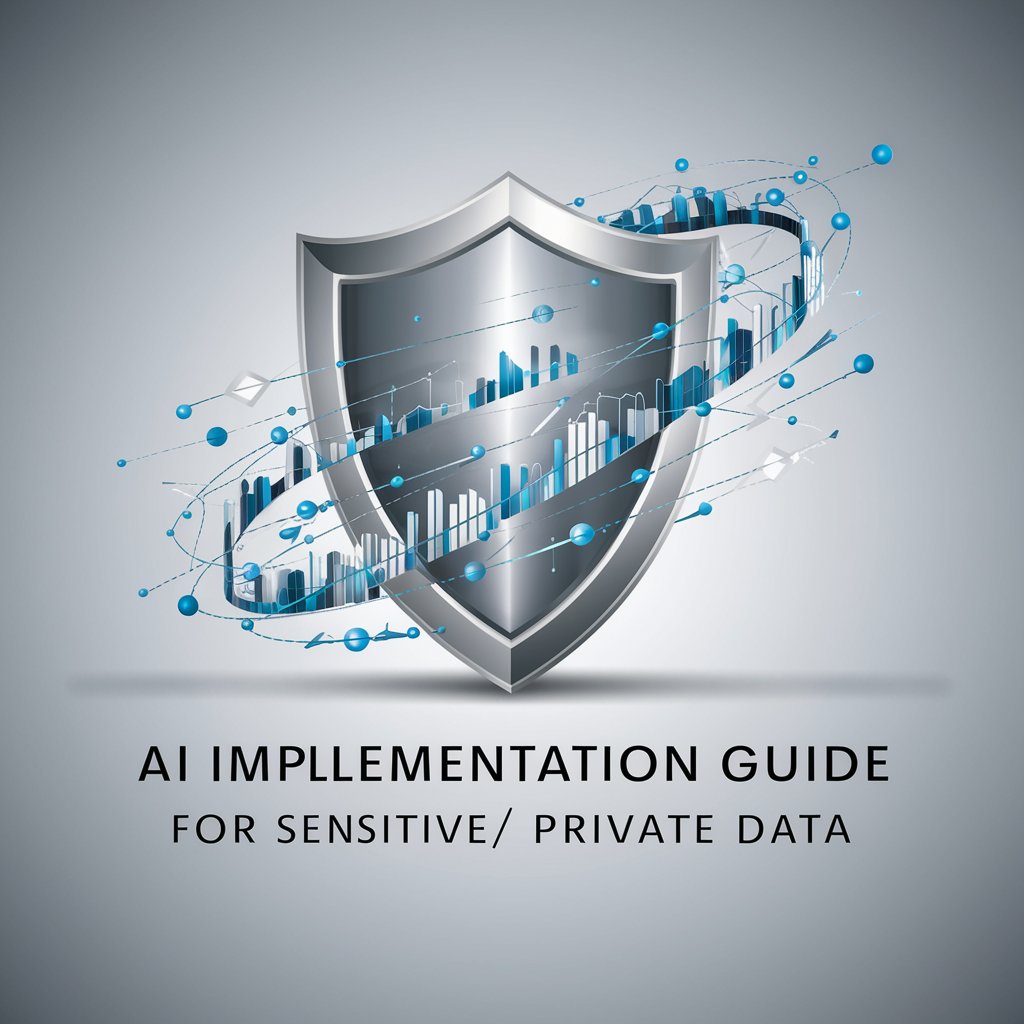9 GPTs for Data Anonymization Powered by AI for Free of 2025
AI GPTs for Data Anonymization are specialized versions of Generative Pre-trained Transformers designed to handle tasks related to anonymizing data. These tools leverage AI to identify and modify personal and sensitive information in datasets, ensuring privacy and compliance with data protection regulations. By understanding and manipulating text, these GPTs can selectively obscure or replace identifiers in data sets without compromising the underlying data's utility. Their relevance lies in their ability to provide scalable, efficient solutions for privacy concerns, making them crucial in fields where data privacy is paramount.
Top 9 GPTs for Data Anonymization are: Especialisto LGPD,NoNERBot,👑 Data Privacy for Educational Institutions 👑,👑 Data Privacy for Home Inspection & Appraisal 👑,Pseudopeople Config Wizard,Deidentymate,AI Implementation Guide for Sensitive/Private Data,テキスト匿名化ボット,EthicalAI
Especialisto LGPD
AI-powered tool for LGPD compliance

NoNERBot
Craft Texts Without Named Entities, AI-Enhanced.

👑 Data Privacy for Educational Institutions 👑
AI-powered Data Privacy Compliance

👑 Data Privacy for Home Inspection & Appraisal 👑
AI-driven Privacy for Property Services

Pseudopeople Config Wizard
Tailoring Realism in Data with AI

Deidentymate
Anonymize Text with AI Precision

AI Implementation Guide for Sensitive/Private Data
Secure Sensitive Data with AI

テキスト匿名化ボット
Secure Your Privacy with AI-Powered Anonymization

EthicalAI
Transforming Text for Fair Treatment

Key Attributes and Functions
AI GPTs for Data Anonymization exhibit unique characteristics that make them ideal for handling sensitive information. Core features include advanced natural language understanding to accurately detect personal data, adaptability to various data types and structures, and the capacity to learn from context to improve anonymization techniques over time. Special features might encompass technical support for a range of languages, capabilities for web searching to enrich anonymization context, image anonymization, and sophisticated data analysis tools to ensure anonymization does not affect data integrity.
Who Benefits from Data Anonymization AI?
The primary users of AI GPTs for Data Anonymization span from novices to professionals in fields requiring data privacy. This includes data scientists, privacy officers, healthcare professionals, and legal experts. These tools are accessible to individuals without coding skills, offering intuitive interfaces, while also providing extensive customization options for developers and IT professionals seeking to integrate anonymization capabilities into existing systems or workflows.
Try Our other AI GPTs tools for Free
Breach Mitigation
Discover how AI GPTs for Breach Mitigation leverage advanced AI to protect against cyber threats, offering customizable, user-friendly tools for real-time threat detection and response.
Privacy Auditing
Explore AI GPTs for Privacy Auditing: cutting-edge tools designed to enhance data protection compliance through advanced analysis and tailored solutions.
Local Entertainment
Discover how AI GPTs revolutionize local entertainment with personalized content, event recommendations, and interactive experiences tailored to your cultural interests.
Concerts Search
Discover the future of live music with AI GPTs for Concerts Search. Tailored solutions for personalized, real-time concert discovery and engagement at your fingertips.
Feedback Tool
Discover how AI GPTs for Feedback Tool transform user feedback into actionable insights with advanced analysis, automation, and customization options.
Style Enhancement
Discover how AI GPTs for Style Enhancement can transform your content. Elevate text, visuals, and code with tailored, AI-driven style enhancements for a polished, professional look.
Beyond the Basics: Expanding Use Cases
AI GPTs for Data Anonymization go beyond simple data masking, offering insights into maintaining data utility post-anonymization and integration into broader data governance frameworks. Their adaptability makes them suitable for various sectors, enhancing privacy without sacrificing data quality. User-friendly interfaces and potential for system integration underscore their versatility and value in modern data management and protection strategies.
Frequently Asked Questions
What exactly does Data Anonymization mean?
Data Anonymization refers to the process of altering personal data in a way that the individual cannot be identified directly or indirectly, ensuring privacy and compliance with regulations.
How do AI GPTs ensure the anonymity of data?
AI GPTs use natural language processing and machine learning to identify and modify personal identifiers in data, replacing or removing them to ensure anonymity while retaining the data's utility.
Can these tools handle any type of data?
AI GPTs are designed to work with a variety of data types, including text, images, and structured data, adapting their anonymization techniques accordingly.
Are AI GPTs for Data Anonymization user-friendly for non-technical users?
Yes, these tools often come with intuitive interfaces that do not require programming skills, making them accessible to a wide range of users.
Can developers customize these AI GPTs for specific needs?
Absolutely. Developers can access APIs and programming interfaces to tailor the tools' functionality for specific anonymization tasks or integrate them into existing systems.
What industries can benefit from these AI tools?
Industries handling sensitive personal data, such as healthcare, finance, legal, and education, can greatly benefit from the anonymization capabilities of AI GPTs.
Is data anonymized by AI GPTs compliant with data protection laws?
AI GPTs are designed to comply with major data protection laws by ensuring that personal data is processed in a way that maintains privacy and confidentiality.
How do these tools handle updates in data protection regulations?
AI GPTs can be updated and trained on the latest data protection regulations and guidelines to ensure ongoing compliance and effective anonymization.